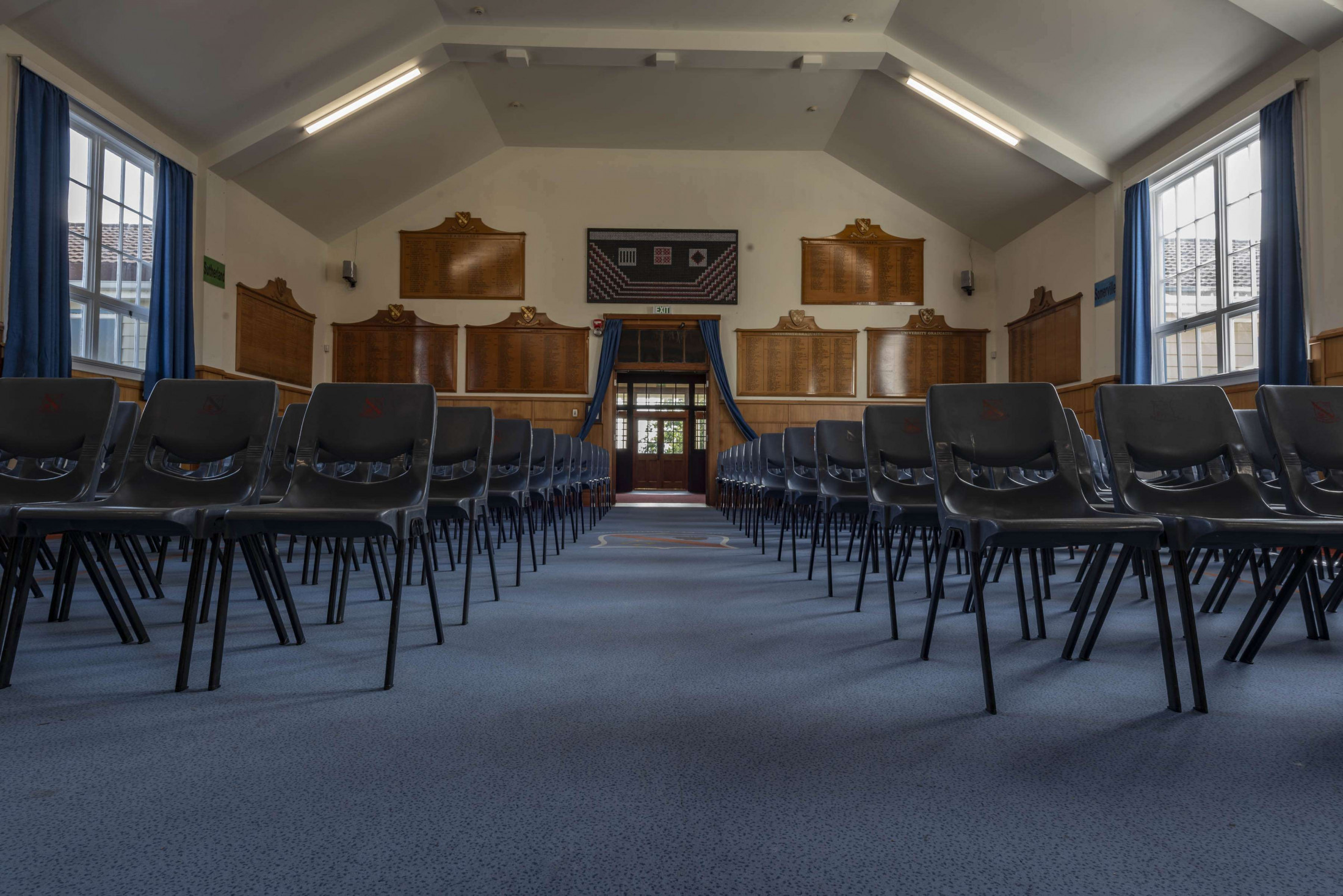Last week my literacy tip of the week got lost so I will include it here.
Last week my literacy tip of the week got lost so I will include it here.
This week staff have been working more on decoding with prefixes, suffixes and root words. This builds on last week’s decoding basics and helps students understand how words are constructed.
Prefixes come at the front of the word which give us information about the meaning e.g. Pre- Pro- Un- Sub-.
Suffixes come at the end of the word to give us meaning e.g. s, ed, ing.
Root Words A basic word to which affixes (prefixes and suffixes) are added is called a root word because it forms the basis of a new word. The root word is also a word in its own right.
Building awareness of how words are put together helps us unpack them when we come across unfamiliar words. It may seem quite straightforward, but like explicit vocabulary instruction, this one is about pointing out what might seem obvious to us as adults, but what can easily be missed if you haven’t learned to pay attention to it.
At home you might start noticing words with prefixes, suffixes or interesting root words and just point them out to your child, or one step further ask them what the prefix etc means in that word.
Don’t underestimate how powerful it is to be asking these simple questions at home. When they hear something at school then hear it again at home it is immensely powerful in helping the learning really sink in.
Next week the literacy tip of the week: Synonyms and Antonyms
This is another vocabulary building activity - thinking about more sophisticated words to describe what we mean. Teachers will be stopping this week to have conversations about word choice as a way of helping students pay attention to the words they are using, and hopefully pick new words to express themselves. This will in turn help them pay attention to the words they are reading and hearing - and ultimately grow their vocabularies.
At home when you notice your child using simple vocabulary, ask them if they can think of another, better word to be more accurate in their meaning. This might look/sound like your child saying “this sucks!” or “I’m bored!” You could ask them to think of another word for sucks e.g. terrible, unpleasant, abhorrent! Or tiring, tedious. If they, and you, are game you could ask them for the antonym; “What would make this entertaining or pleasing?” You might be surprised at the conversations you have!
What we’re reading: Currently, I am reading The Perks of Being a Wallflower by Stephen Chbosky on the recommendation of a student. It's a coming of age story with a bit of a twist. The novel is told in the epistolary style from the protagonist, Charlie, to an unnamed 'friend'. Throughout the novel, we see Charlie dealing with personal trauma, family issues and all the tough parts of teenagerhood; we see him slowly move from being an observer, or 'wallflower', to a participant in his life--which can be a scary thing for anyone. Although the novel is not explicit, there are some adult themes that might confuse or upset younger readers. I'd recommend this for Y11 students and up. - Kate Hughes
As the days start getting colder and shorter I encourage you to find your favourite mug, make a warm drink, and cozy up with a book in the evenings, maybe just one night a week if you can manage it, to model a love of reading to your kids.
-Katherine Beaumont
HOD English
 South Otago High School
South Otago High School
